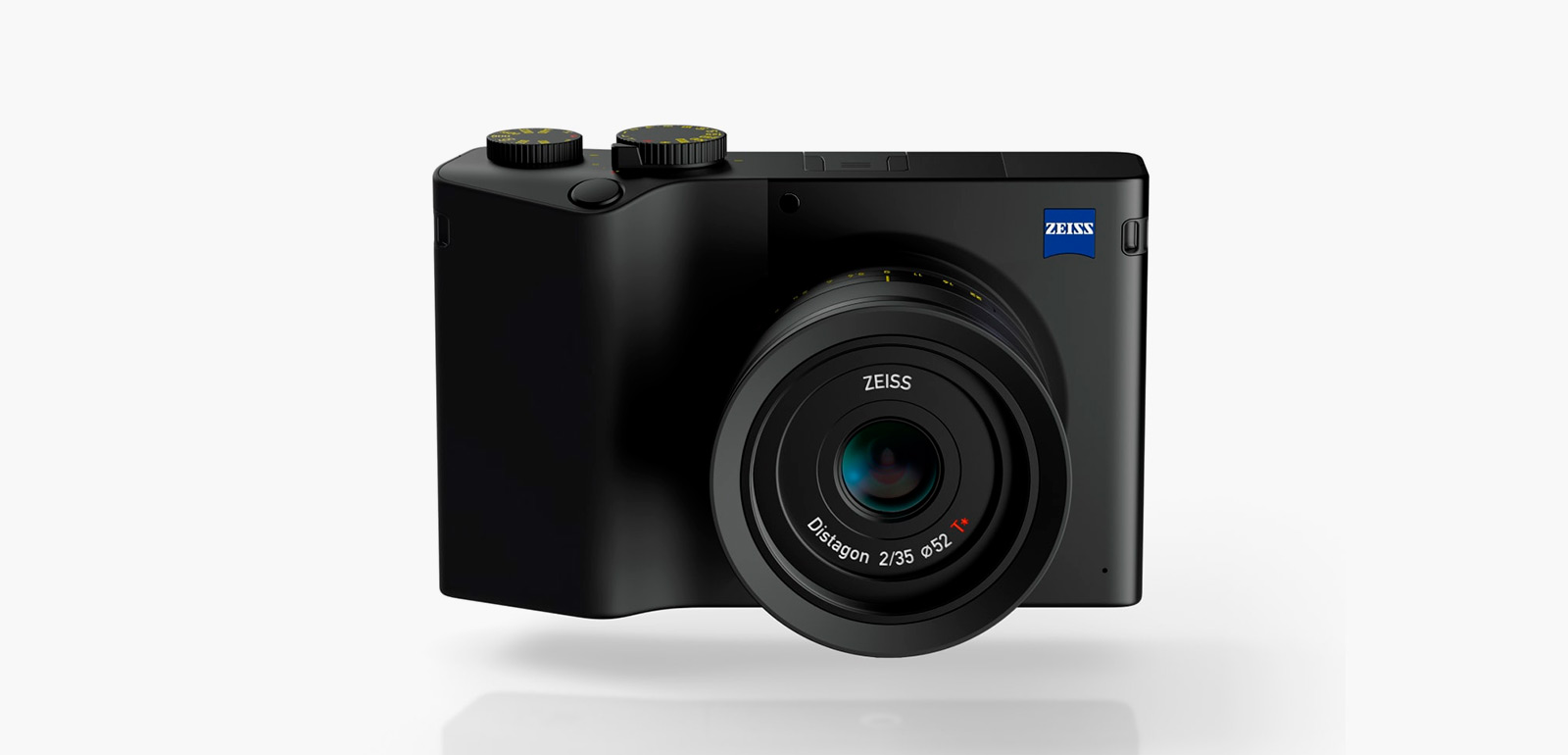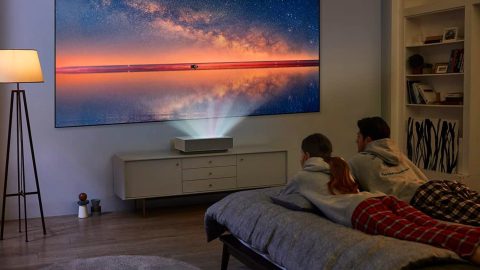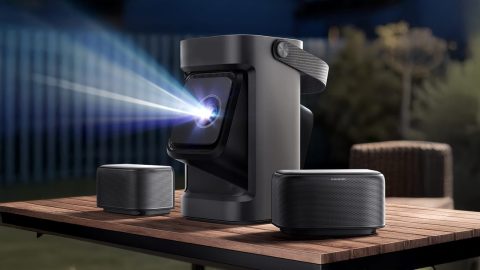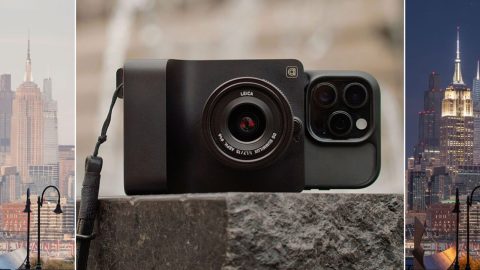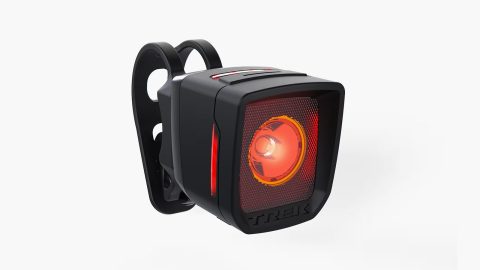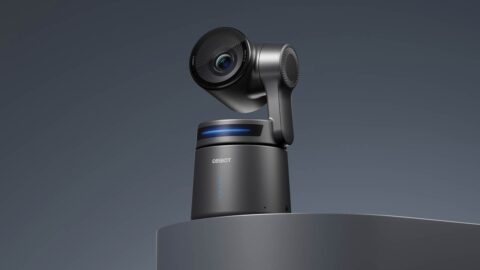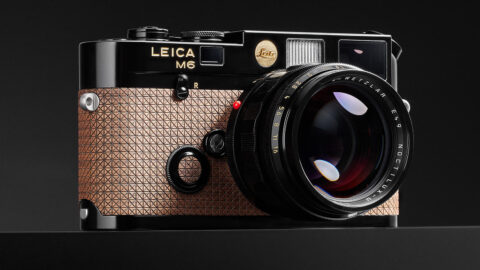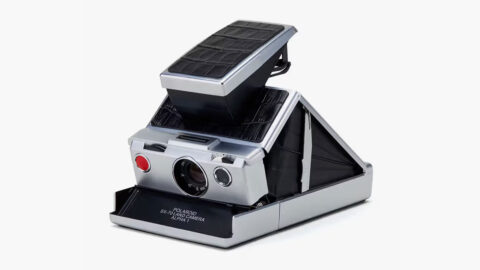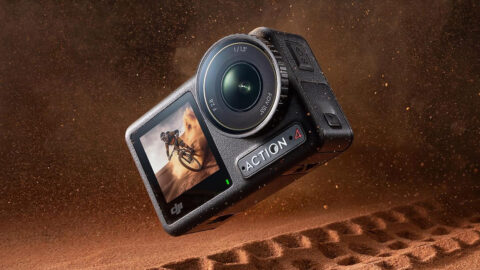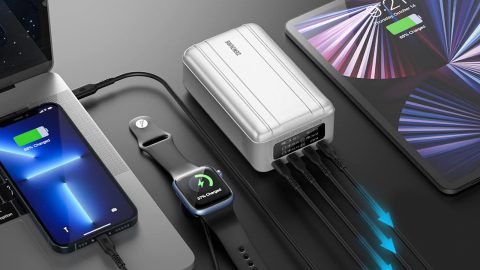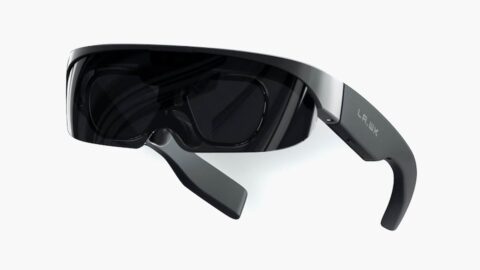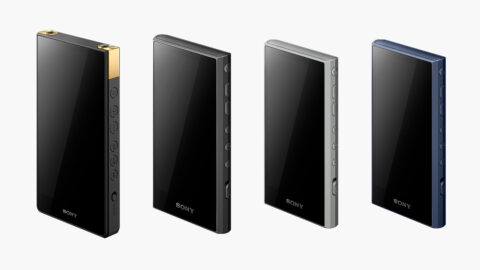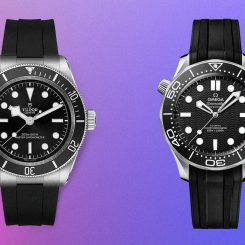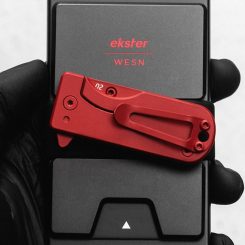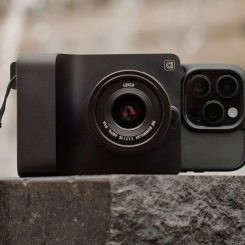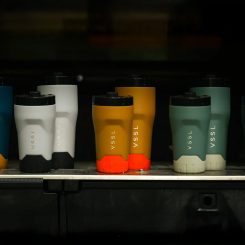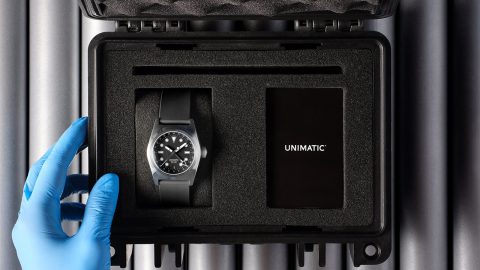We can think of a few premium fixed-lens full frame mirrorless cameras, like the Sony RX1 (with the 35mm f2.0 Sonnar) and the Leica Q (with the 28mm f1.7 Summilux). The Zeiss ZX1 has a 35mm f2.0 Distagon, so in terms of optics it’s difficult to say which is better than the other.
It’s when you see these cameras next to each other you start having some questions; the ZX1 is not a compact camera by any means. In fact, it’s much bigger than the Sony RX1, bigger than the Leica Q, the Sony a7 III, and even a standard Leica M. So what’s the deal? Well, to be fair, it’s close to the Leica M in terms of size (which is still smaller than any DSLR). And… there’s a 512GB SSD inside.
The ZX1 features built-in Adobe Lightroom CC to edit in-camera and upload straight from the camera to the cloud via Wi-Fi, doing away with any kind of memory slot in the process. Other specs include 37.4 megapixel sensor, a large 4.3 inch screen, Full HD OLED electronic viewfinder, and 4K video.
What does this mean? It means that the distinction between the camera and devices like tablets and computers just became a little blurred. Will photographers welcome this new concept? Will workflows be drastically altered? Maybe, maybe not. But it will definitely change our perceptions of what cameras should be going forward. So, the Zeiss ZX1’s competition is probably not the Sony RX1 or the Leica Q, but rather their next generation models.

